By Prince Clem Ikanade Agba
I am pleased to be here with you as a Guest of Honour at this National Conference. I have been intimated to the goal of this conference, which is to analyse the current infrastructure policy direction, develop method of building sustainable infrastructure and industrial growth required to propel our national economy. I commend the Nigerian Society of Engineers for this timely and strategic intervention aimed at building resilient infrastructure to develop, as depicted by the theme of this paper, sustainable infrastructure for rural economic development.
CONCEPT OF SUSTAINABLE INFRASTRUCTURE DEVELOPMENT
2. Sustainable Infrastructure Development has evolved as a paradigm to meet the development needs of man and to ensure that rural economic development is achieved without compromising the environment and the delicate social balance. The culture of sustainable infrastructure development is more entrenched in the developed economies than what obtains in the developing countries. However, the responsibility to ensure that infrastructure development is sustained is no less important for developing countries including Nigeria, given a number of factors such as rapid urbanisation, decaying infrastructure, difficult regulatory environment, marginal growth in productivity with recurring budget deficits, and, preoccupation with meeting existential needs by all means. The environmental exploitation and the resultant degradation make it compelling for government and relevant stakeholders to consciously and strategically engage in the task of continuously developing public infrastructure.
STATE OF INFRASTRUCTURE DEVELOPMENT IN NIGERIA
3. Developed infrastructure is functional to economic development and growth. Quality infrastructure is thus necessary to avoid service disruptions. It is also required to support a wide range of important activities in the rural economy. Unfortunately, despite the huge capital outlays by successive administrations in the past, Nigeria’s delivery on infrastructure remains inadequate while effort to improve them have yet to fully yield the desired results. Distinguished ladies and gentlemen, this administration under the leadership of President Muhammadu Buhari, is committed to building infrastructure across the country on a sustainable basis. Just recently, the President approved the release of N600 billion for some infrastructure projects. The N2.145 trillion for MDAs’ capital expenditure will be applied to priority projects otherwise, to use my common analogy of making sandwich from a loaf of bread and a small quantity of butter, if the butter is thinly spread to the entire bread, it would not be enough to make a rich sandwich. Therefore, one has to be measured in the application of butter to the loaf of bread by taking out a portion of the loaf of bread. That is the reasonable approach we are adopting in applying the little resources we have budgeted for capital expenditure in building infrastructure in parts and across the country. This approach will, by and large, help us to build infrastructure on sustainable basis in the critical areas of Power, Transport, Social Infrastructure (Education and Health), Water and Sanitation Infrastructure, etc. However, with basic infrastructure and services in acute short supply in the rural areas when weighed against the huge funding in past years, it becomes easy to indict past administrations for creating avoidable funding gaps or deficits in development of infrastructure.
4. Let us consider the power sector, for instance. Nigeria’s power generation capacity fluctuates between 3500 and 5000 megawatts. The electricity consumption per capita of about 111 Kilowatt per hour is one of the lowest in Sub-Saharan Africa. Although, power generation and distribution have improved in recent times, yet, the expected level of delivery or performance has not been attained. The President Muhammadu Buhari administration is committed to ensuring that the issues around power generation, distribution and transmission are addressed so that power sector performance is optimised. This administration believes that the country has the capacity to increase megawatts to far above 10,000 (⁸megawatts) in the next few years in so long as power sector infrastructure are incrementally built. If the whopping $16 billion earmarked for power projects by the Obasanjo administration had been judiciously expended, Nigeria would have today broken the power sector jinx. There would have been a significant boost in power generation, distribution and transmission. Also, the expected stage of road transport network has also not been achieved. The rail network, which is supposed to be an alternative means of transportation, accounts for less than 2 percent of land transport in the country. This cannot therefore take off pressure from the road transport infrastructure, which has continued to cave in under the weight of heavy vehicular traffic nationwide. About 98 percent of goods are still being transported by road, a sad reflection of the poor state of road transport infrastructure development in the country.
5. Developed infrastructure on a sustained basis as a micro indicator is inextricably intertwined with sustainable economic development at the macro-economic level. The pursuit and subsequent realisation of sustainable infrastructure development is, therefore, more desirable than ever especially in Nigeria. The current Administration has demonstrated commitment to addressing existing deficit by focusing on completing highly impactful projects and deepening reforms to increase Private Sector investments.
OVERVIEW OF NIIMP & ITS IMPLEMENTATION FOR SUSTAINABLE INFRASTRUCTURE DEVELOPMENT
6. The Federal Government will continue to come up with policies and programmes that will bolster infrastructure development. For instance, the National Integrated Infrastructure Master Plan (NIIMP) as developed by the Ministry of Finance, Budget and National Planning seeks to raise the stock of infrastructure from the current level of 30 percent of the Gross Domestic Product to at least 70 percent by 2043. The National Integrated Infrastructure Master Plan provides the roadmap for building world-class infrastructure that will guarantee sustainable economic growth and development. It would enable the nation to take advantage of the vast opportunities in the rural, domestic and global economies to enhance the nation’s competitiveness and improve the quality of life of the citizenry. It provides an integrated view of infrastructure development in Nigeria, with clear linkages across key sectors – Transportation, Energy, Social Infrastructure, Housing, Security, etc. The implementation of the National Integrated Infrastructure Master Plan, therefore, requires participation of Private Sector, Development Partners and the collaboration of the Nigerian Society of Engineers’, Academia, Civil Societies to build durable infrastructure that can promote sustainable industrial growth for rural economic development.
7. It is pertinent to note that the present Administration also took a bold step to address the challenges faced in the implementation of infrastructure projects by unbundling and merging some Ministries, Departments and Agencies, among which are Federal Ministry of Transportation; Federal Ministry of Aviation; Federal Ministry of Power, Works & Housing; and,Federal Ministry of Finance, Budget and National Planning, to mention but a few, towards ensuring effectiveness in the implementation of government projects and programmes. This reform is aimed at creating a synergy in planning and budgeting process, implementation, monitoring and evaluation of infrastructure project.
8. Another strategy that the Government has put in place to fast track infrastructure development is the involvement of Private Sector participation, in both Public Private Partnership (PPP) arrangements and full scale or outright privatization. This is necessary to reduce the burden of the required infrastructure investments by the public sector. To encourage increased Private Sector participation, the Federal Government has addressed some issues that often discourage Private Sector players from investing in infrastructure in Nigeria through the establishment of the Economic Recovery and Growth Plan Focus Labs (ERGP Focus Lab) in Budget and National Planning (BNP) to facilitate ease of doing business in Nigeria. The Lab emphasises investment in infrastructure, especially in power, roads, rail, agriculture, education and health, etc. It builds on ongoing projects and identifies new ones to be implemented by 2020 to improve the national infrastructure backbone.
ROLE OF THE NIGERIAN SOCIETY OF ENGINEERS (NSE) AND OTHER STAKEHOLDERS
9. Poorly constructed roads, drainages and social infrastructure constitute a drain on public funds as the infrastructure deteriorate fast and trigger increase in cost of rehabilitation or reconstruction. A number of factors may be responsible for this situation among which are defective engineering designs, inaccurate costing, use of sub-standard materials with little or no compliance with specifications and standards, and, above all, corruption. I am sure these are some of the issues that require the attention of the NSE and other stakeholders present at this Conference. The NSE can play a very important role in project cost control, cost estimate, project implementation, monitoring and evaluation of sustainable infrastructure projects and developments.
APPROACHES TO SUSTAINING INFRASTRUCTURE DEVELOPMENT IN NIGERIA
10. Infrastructure development is an enabler for socio-economic development. Insights into the existing level of infrastructure development in Nigeria and global practices inform the following means of ensuring sustainable infrastructure development for rural economic development; i. Strengthening of Legal and Institutional policy frameworks and reforms, as well as, adopting eco-efficient practices in management and provision;
ii. Private Sector-driven participation in sustaining power, transport and social infrastructure, and, indeed all other classes of infrastructure in Nigeria;
iii. International Community Participation through support for the implementation of best practices in infrastructure management, as well as, promoting sustainable development initiatives;
iiii. Public Sector Commitment whereby government plays a dominant role in the level of sustainability that will be inculcated in the development strives; and,
v. Stakeholders’ participation including the civil societies, academia, professional bodies, etc.
CONCLUSION
11. The intertwining roles of various stakeholders such as the Government, International Organisations, Non-Governmental Organisation (NGOs), Civil Society Groups, and the Private Sector are essential in the development and management of sustainable infrastructure for rural economic development. Distinguished guests, Ladies and gentlemen, I wish to implore you not to give up on individual and collective effort directed towards infrastructure development that would be visible and sustainable for rural economic development.
12. I thank the Nigerian Society of Engineers (NSE) for inviting me to deliver this paper at its Annual General Meeting. The theme of this conference, which centres on “building resilient infrastructure to promote sustainable industrial growth”, requires serious interrogation at this meeting. The theme is also a clear indication that the NSE has proved itself to be a worthy partner in infrastructure development. The Ministry of Finance, Budget and National Planning is eagerly looking forward to receiving from the society the outcomes of this conference, which hopefully should contain implementable recommendations around the theme.
I thank you all for your attention.
This paper was presented by Dr Phillip Ugbodaga, SA (Admin), on behalf of the Minister of State for Budget and National Planning, Prince Clem Ikanade Agba, at the National Engineering and Annual General Meeting- “Kano 2019” – organised by the Nigerian Society of Engineers from December 2-6, 2019.











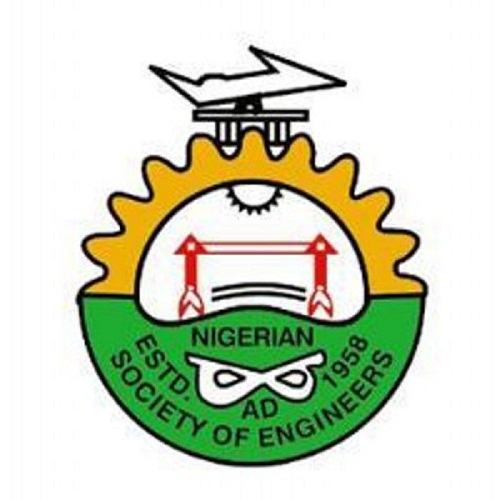

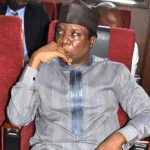







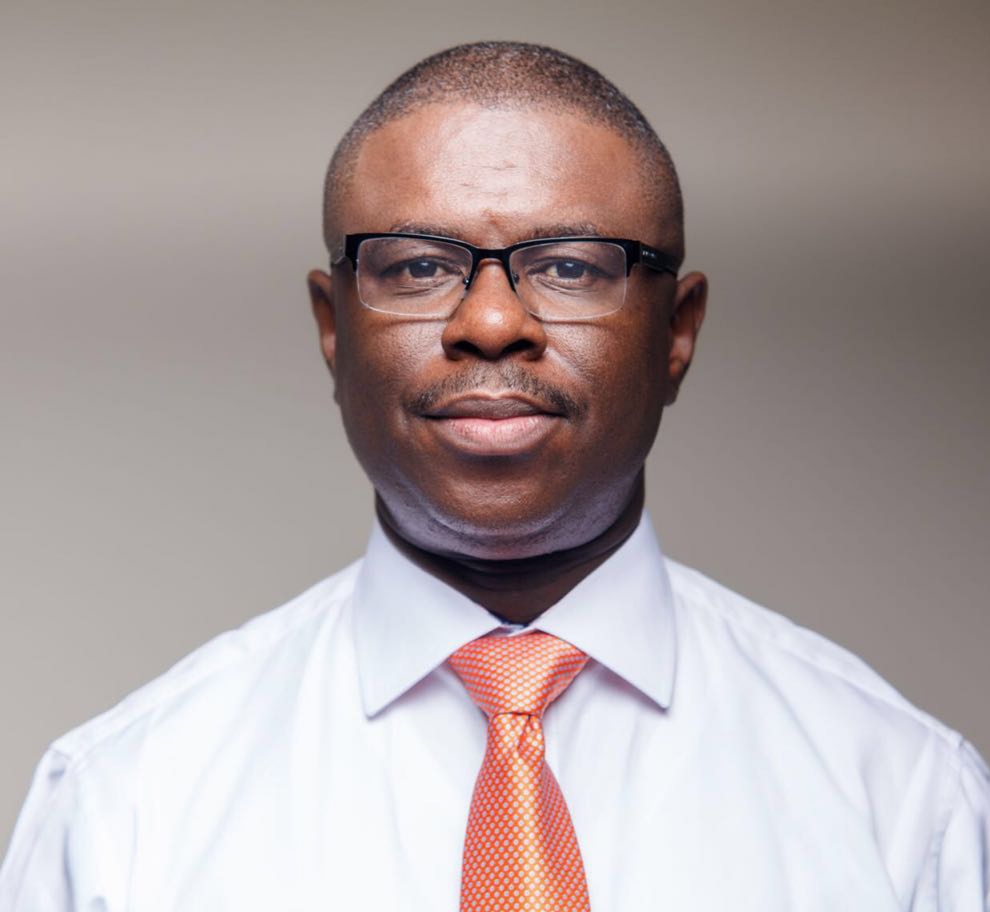

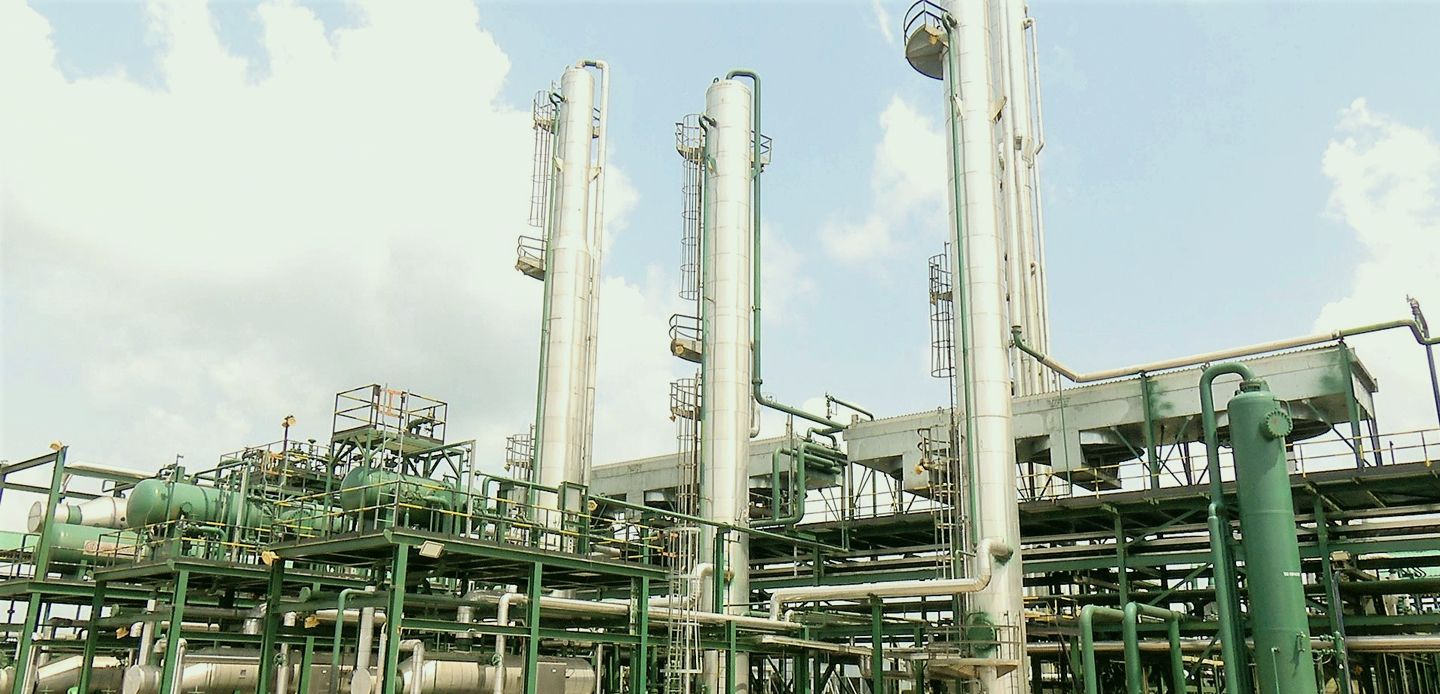
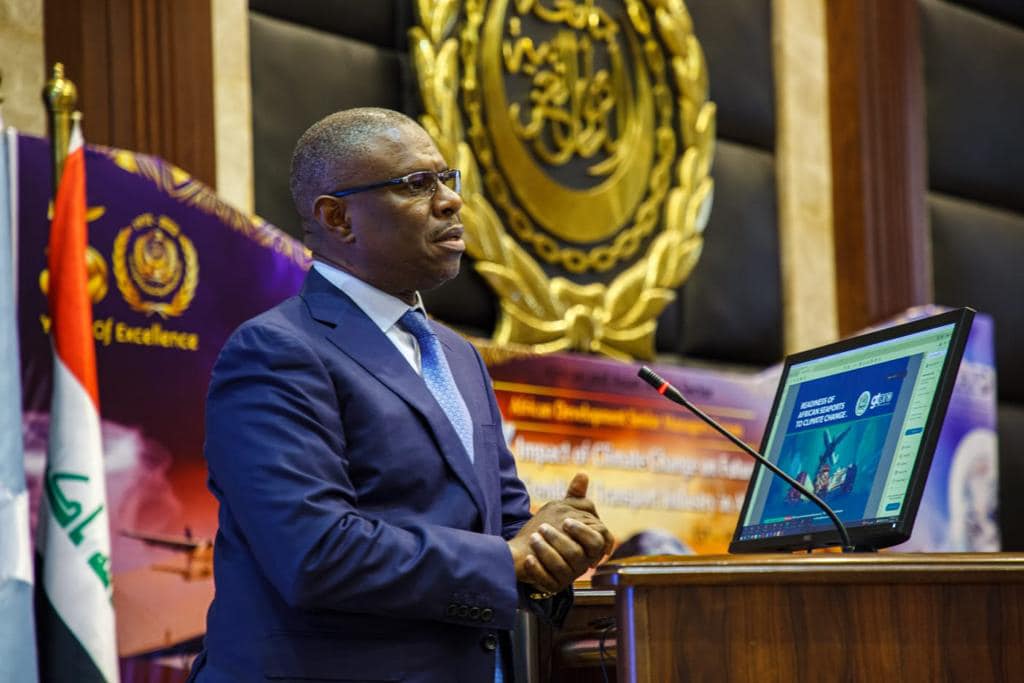

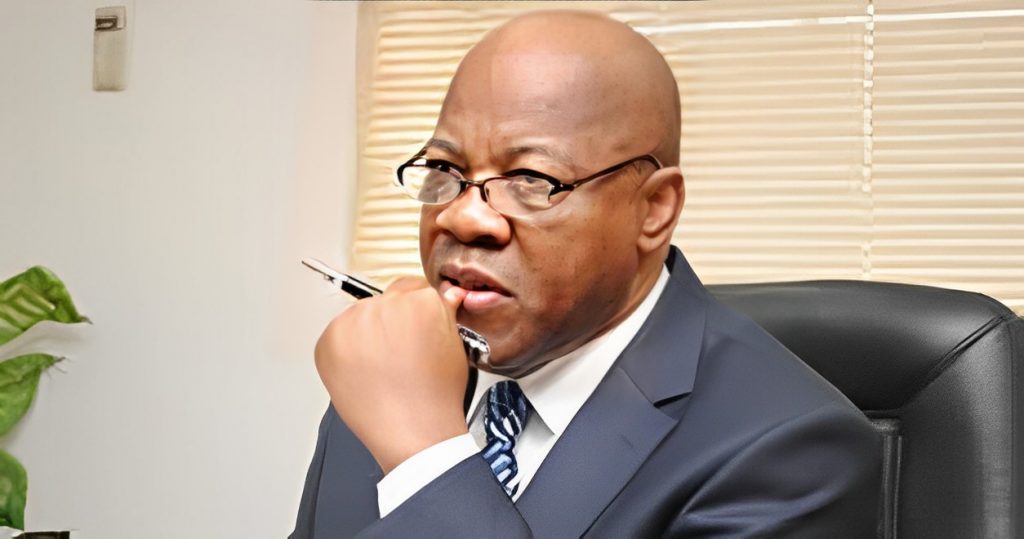
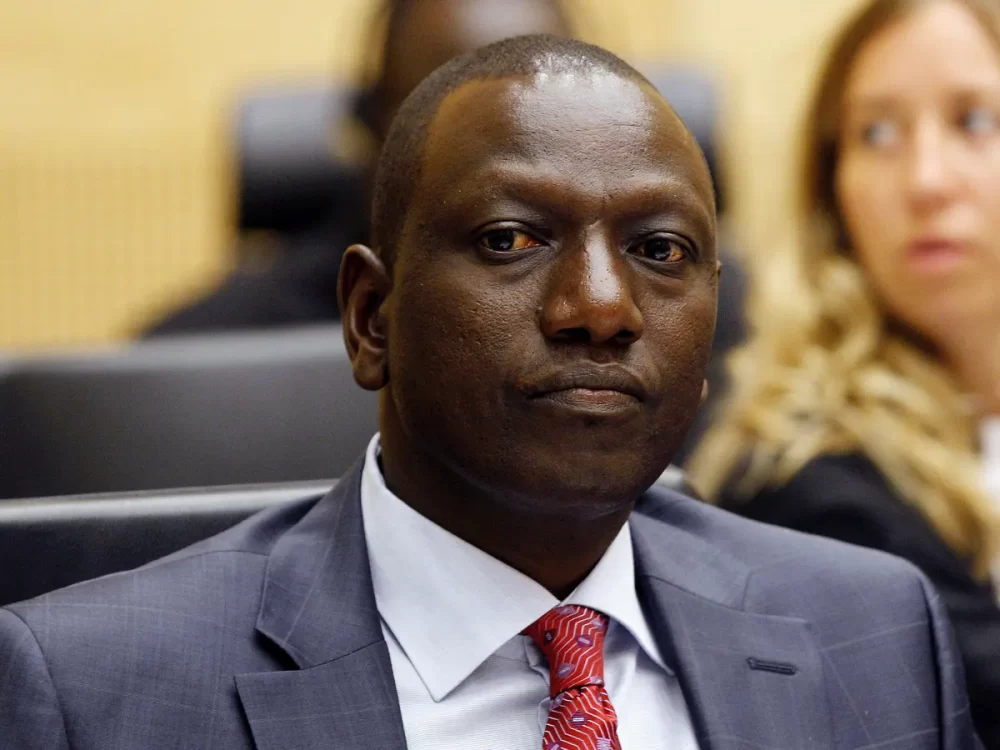
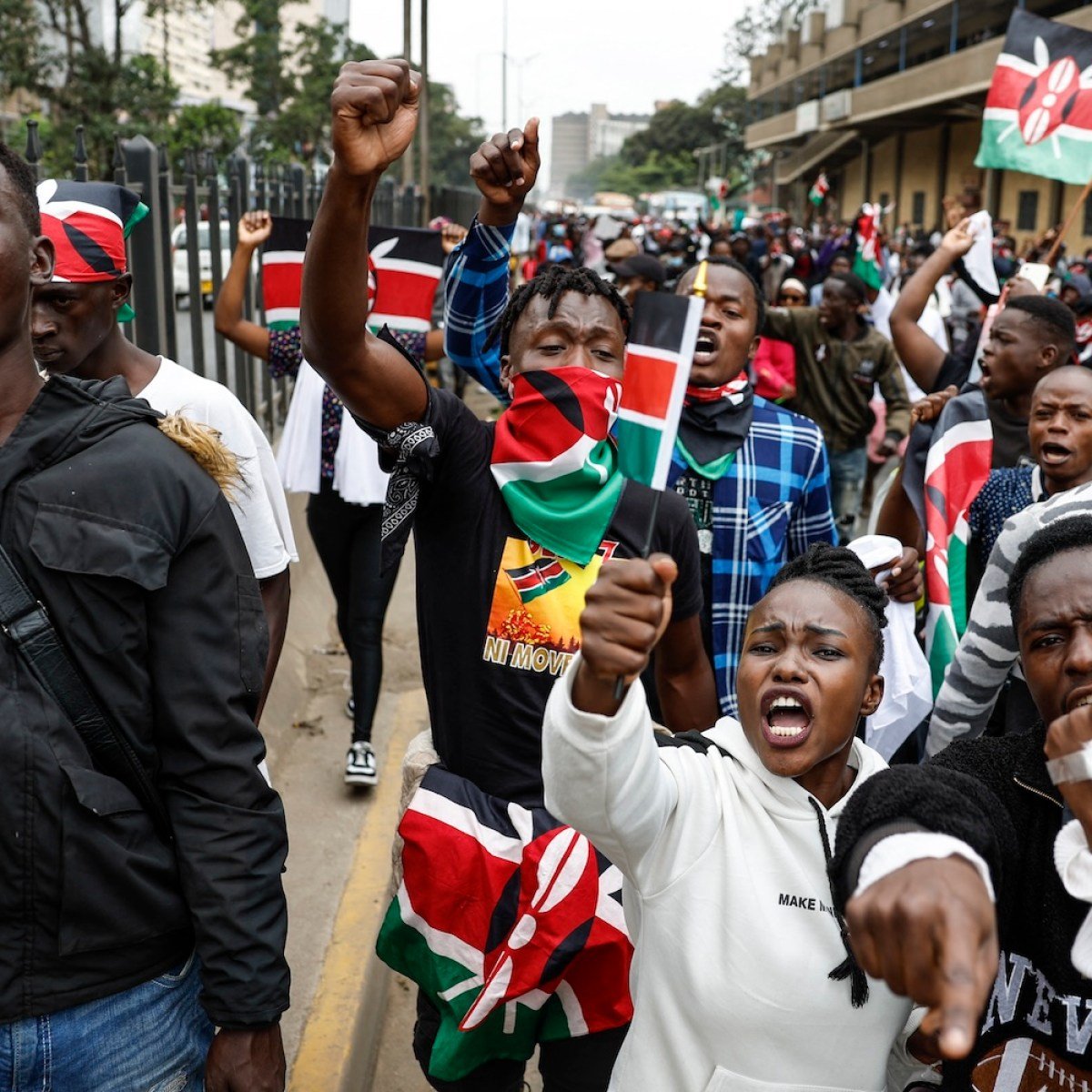


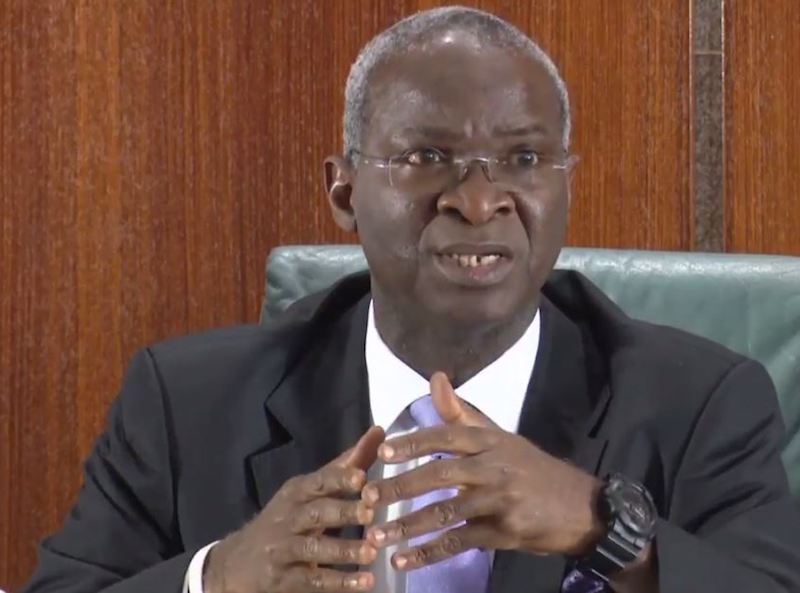
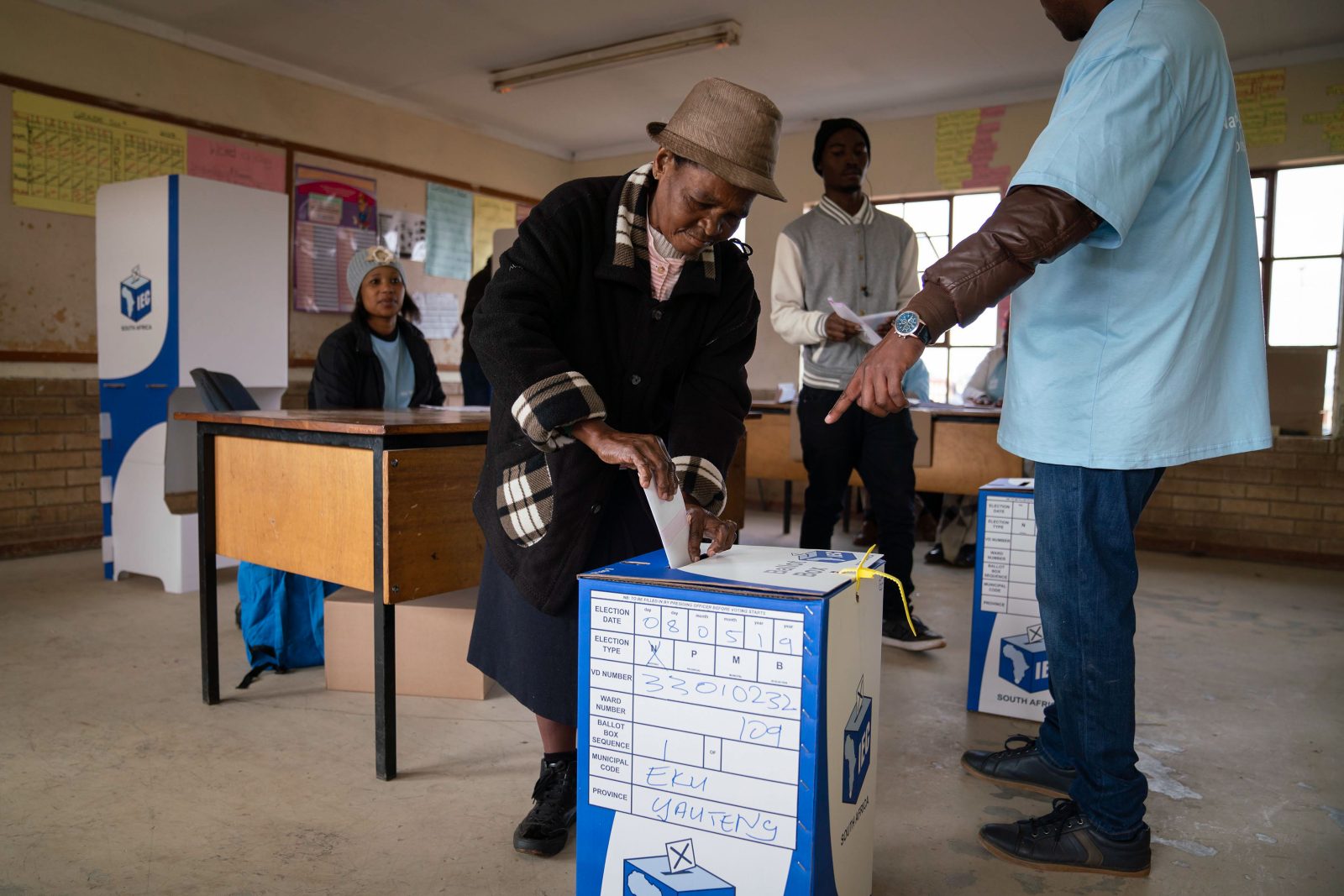

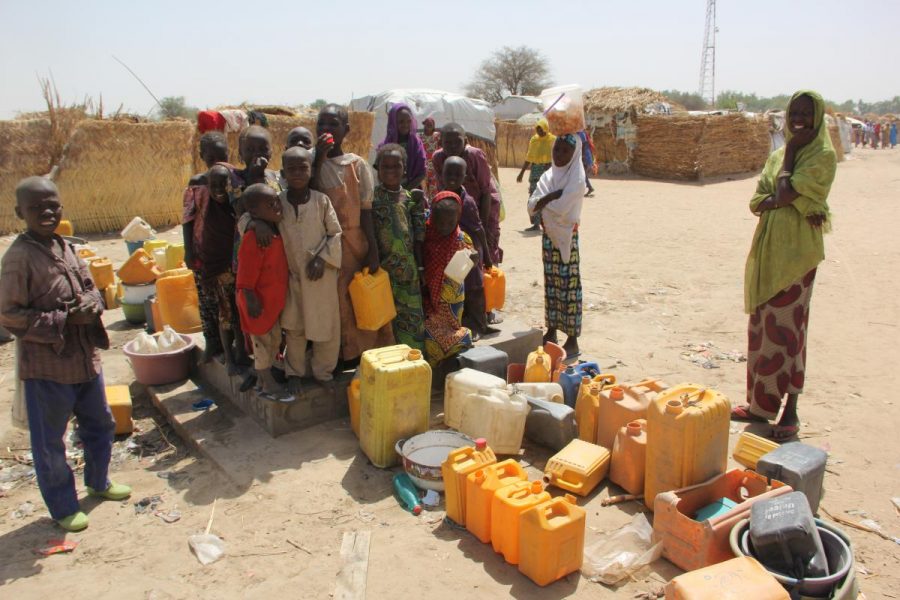
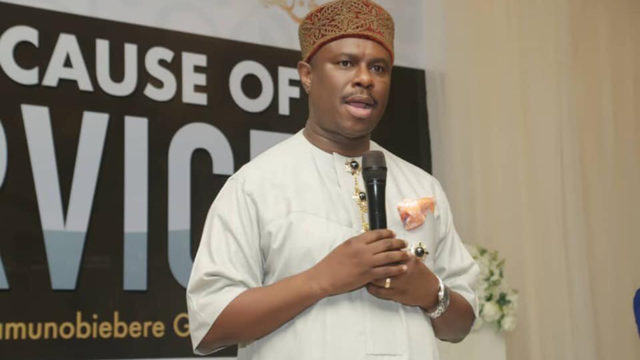
Leave a comment